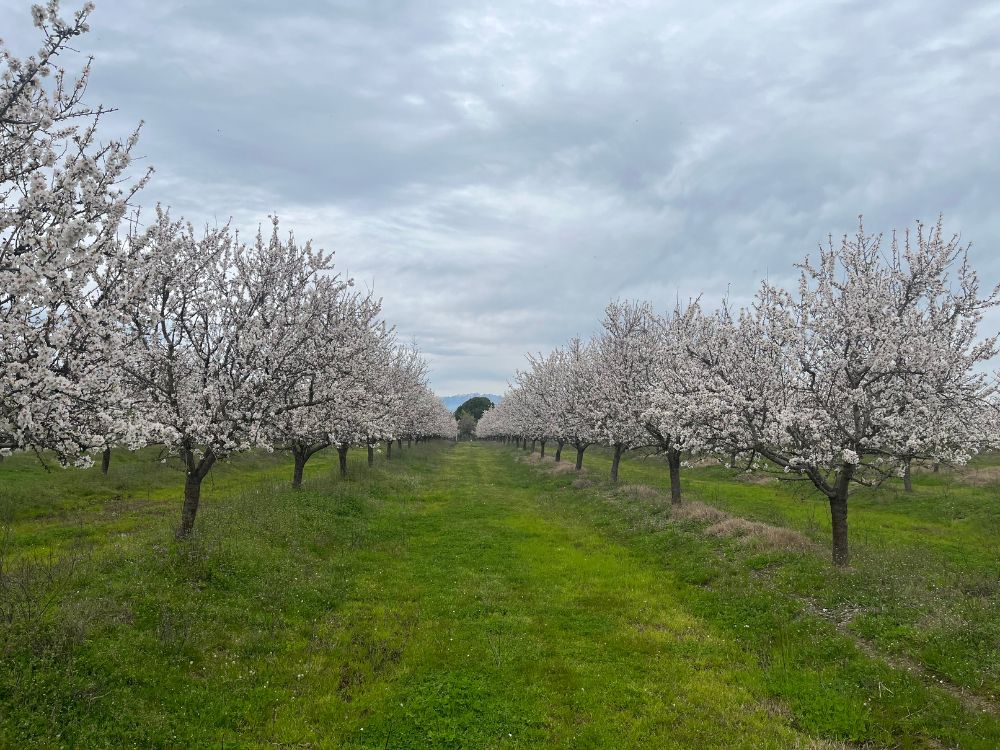Exploring Routes to Invest in Agricultural Commodities
Agricultural commodities, encompassing crops and livestock, are not just essential components of the global economy but also offer a plethora of investment opportunities. The decision to invest in agricultural commodities can lead to portfolio diversification, act as a shield against inflation, and potentially yield attractive returns. This blog explores the pivotal role of agricultural commodities in the investment landscape, providing you with an exclusive insight into this lucrative sector.
The Case for Invest in Agricultural Commodities
Commodities provide investors with a valuable avenue to diversify their portfolios beyond traditional equities. They often move in the opposite direction to stock prices, making them attractive to investors seeking stability during market volatility. Agricultural commodities, in particular, offer compelling reasons for speculation due to the industry’s dynamic nature and growth trajectory. This sector consistently adopts new technologies and scales operations to meet demands for quality and affordability, making it a stable investment option even in uncertain times.
Ways to Invest in Agricultural Commodities
Agricultural commodities, which include staple crops and livestock, are produced on farms or plantations and are a significant part of the human and animal diet worldwide. But their use goes beyond food. ‘Soft commodities,’ such as grown products like lumber, latex, wool, and lanolin, are used in various industries. While these commodities can be volatile due to weather, population growth, and limited availability, agribusiness investors can benefit from rising prices. Here are several ways to invest in agricultural commodities:
1. Futures Contracts
These are agreements to purchase or market a designated amount of a commodity at a predetermined price on a future date. They are traded on exchanges such as the Chicago Mercantile Exchange (CME), providing investors with exposure to agricultural commodities without owning the physical assets. Futures contracts allow for speculation on price movements and hedging against price risks.
2. Exchange-traded funds (ETFs)
ETFs are asset-holding investment funds traded on stock exchanges. Agricultural commodity ETFs invest in futures contracts or physical commodities related to agriculture. Investing in agricultural commodity ETFs provides diversification and liquidity compared to investing directly in futures contracts.
3. Commodity Mutual Funds
Commodity mutual funds pool investors’ money to invest in various agricultural commodities. Professional fund managers manage these funds and provide diversification across different commodities. Commodity mutual funds are suitable for investors seeking exposure to agricultural commodities but prefer professional management.
4. Stocks of Agricultural Companies
Investing in agricultural companies’ stocks, such as farming equipment manufacturers, seed producers, and agricultural chemical companies, provides indirect exposure to agricultural commodities. These stocks are influenced by factors affecting agricultural commodities, such as weather conditions, crop prices, and global demand.
5. Direct Ownership of Agricultural Commodities
Direct ownership of agricultural commodities involves purchasing and owning physical commodities such as grains, livestock, or farmland. This method requires storage and maintenance of the commodities and is suitable for investors with a long-term investment horizon and an in-depth understanding of the agricultural market.
6. Agricultural Real Estate Investment Trusts (REITs)
Agricultural REITs invest in farmland or agricultural properties and generate income through rental payments or capital appreciation. Investing in farm REITs provides exposure to the agricultural sector’s growth potential while benefiting from the REIT structure’s tax advantages.
7. Options Contracts
These contracts grant investors the right to buy or sell a commodity at a particular rate within a predetermined period. Options provide flexibility and risk management opportunities for investors interested in agricultural commodities.
8. Commodity Pool Operators (CPOs)
CPOs are investment professionals who manage funds in futures contracts and other commodity-related investments. Investing through CPOs allows investors to access the expertise of professional commodity traders.

Multifaceted Model with Farmland Turkey
Investing in agriculture with Farmland Turkey offers a unique dual-income opportunity. Firstly, we enable clients to purchase land in Turkey dedicated to walnut cultivation, providing ownership of properties that actively produce agricultural commodities. Our experienced team manages the plantation entirely, from planting to harvesting, allowing investors to benefit from the yields without the complexities of day-to-day farming operations. Like other real estate, farmland is a tangible asset that can yield solid annual returns and long-term appreciation, depending on the crop type and efficient farming practices.
Investing in agricultural land in Turkey offers two income streams: revenue from crop sales and land appreciation. Unlike residential properties, agricultural real estate maintains its value over time. Additionally, initial investment costs are lower compared to urban properties. Furthermore, the value of farmland increases as trees mature and become more productive, particularly with permanent crops like walnuts on our farmlands.
Agricultural Commodities are Good for Business
Investing in agricultural commodities unlocks opportunities to diversify your portfolios and benefit from the global demand for food and farming products. Whether through futures contracts, ETFs, or direct ownership of commodities, investors can find a suitable method to participate in the agricultural market’s growth and volatility. At Farmland Turkey, we offer a unique and exclusive opportunity to invest in agricultural commodities and capitalize on our customized offerings, providing access to high-demand agricultural commodities.So, invest in Turkey today with Farmland Turkey to protect your portfolio with an agribusiness venture that reaps the benefits of agricultural commodities. Please contact our specialist advisors to find out more about this fantastic opportunity.
